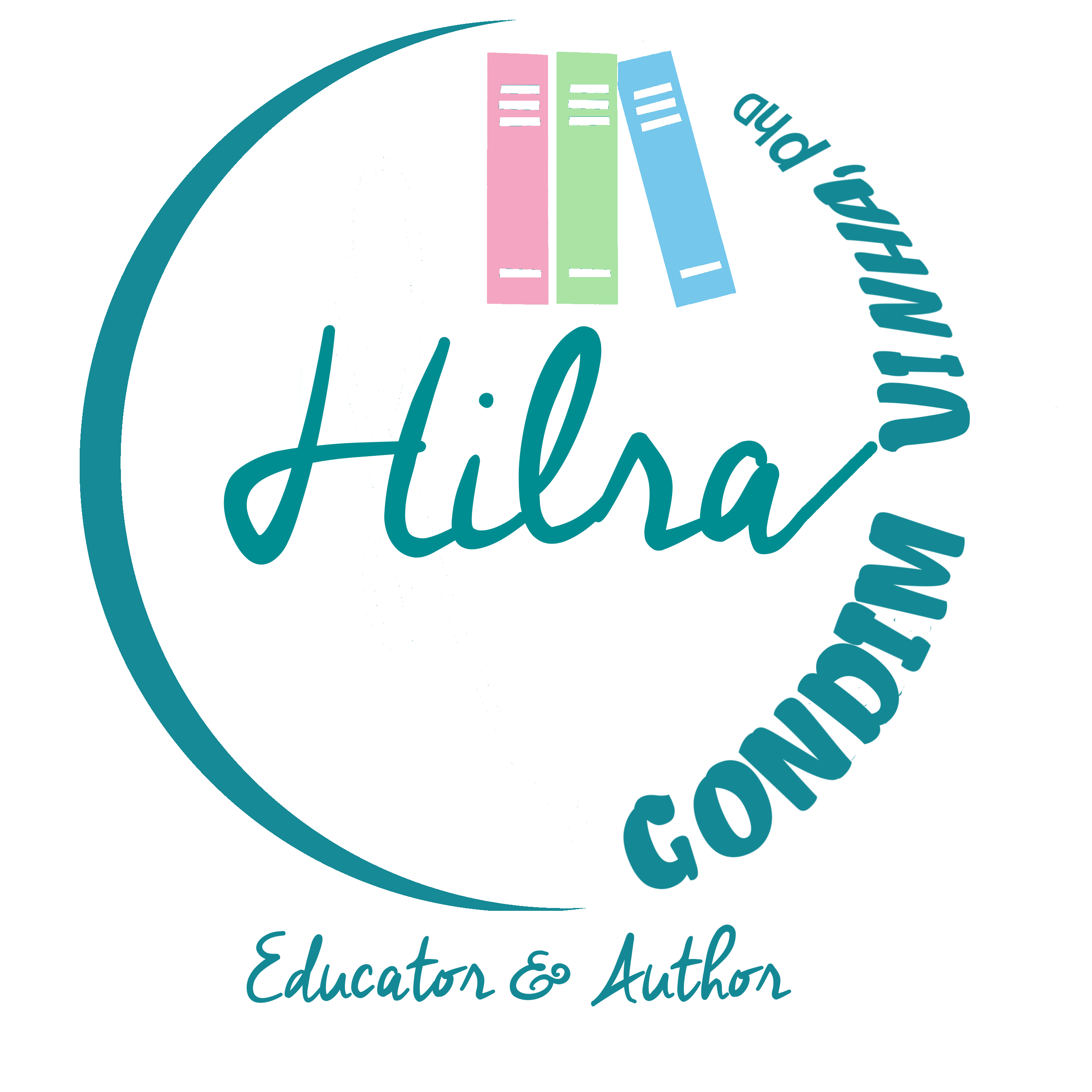Theories of Inclusive Education: A Student’s Guide
“This book traces the major stages of thinking in the development of inclusive education. It provides overviews of the main theoretical influences: the medico-psychological model; sociological positions; curriculum studies; school effectiveness and the impact upon policy and practice of the Disability Movement. Positioned and discussed in their historical contexts the book provides a synopsis and critique of the last 50 years of the 20th century, including the introduction of the term ’special educational needs’, the practice of integration and the present processes of inclusive education.”
Actively Seeking Inclusion: Pupils with Special Needs in Mainstream Schools
“Using the accounts of mainstream pupils and pupils with SEN, the author explores the pupils’ identities and experiences in relation to each other. In particular, mainstream pupils often function as “deciders” with regard to the inclusion of pupils with special educational needs.”
Doing Practitioner Research Differently
“This book encourages those embarking on practitioner research to consider the validity of innovative methods and styles of reporting. It explores issues at a theoretical as well as a practical level.”
Nind, M., Benjamim, S., Sheehy, K., Collins, J. and Hall, K. (2004) Methodological Challenges in Researching Inclusive School Cultures, Educational Review, Vol. 56, No. 3, Carfax Publishing
Stake, R.E. Harper School in The Art of Case Study Research, London: Sage
Denzin, N.K. and Lincoln, Y.S. (eds) (1998). Strategies of Qualitative Inquiry, Thousand Oaks/London/New Delhi: SAGE Publications, Inc
- Publisher review
- Notes
- Reflections
Bibliography
ALLAN, J. (1999) Actively Seeking Inclusion: Pupils with Special Needs in Mainstream Schools, London, Falmer Press.
CLOUGH, P. (2000) Theories of Inclusive Education: A Student’s Guide, Sage/Paul Chapman Publishing.
CLOUGH, P. (2002) Narratives and Fictions in Educational Research, Buckingham/Philadelphia, Open University Press.
DADDS, M. & HART, S. (2001) Doing Practitioner Research Differently London and New York, RoutledgeFalmer
DENZIN, N. K. & LINCOLN, Y. S. (2000) Handbook of Qualitative Research, Thousand Oaks-London-New Delhi, SAGE Publications.
ERCIKAN, K. & ROTH, W.-M. (2006) What Good Is Polarizing Research into Qualitative and Quantitative? Educational Researcher, 35, 5 14–23.
GOODLEY, D., et al. (2004) Researching Life Stories: Method, Theory and Analyses in a Biographical Age, London and New York, RoutledgeFalmer.
GOODSON, I. & SIKES, P. (2001) Life History Research in Educational Settings: Learning from Lives, Buckingham-Philadelphia, Open University Press.
GRIFFITHS, M. (1998) Educational Research for Social Justice: Getting Off the Fence, Buckingham-Philadelphia, Open University Press.
HAMMERSLEY, M. (1993) Educational Research: Current Issues, London, The Open University/SAGE Publications.
NIND, M., et al. (2004) Methodological Challenges in Researching Inclusive School Cultures. Educational Review, 56, 3 259-270.
SHAFFER, D. & SERLIN, R. (2004) What Good Are Statistics That Don’t Generalize? Educational Researcher, Vol. 33 914-25.
STAKE, R. E. (1995) Harper School. The Art of Case Study Research London, Sage Publications.
YANCHAR, S. C. & WILLIAMS, D. D. (2006) Reconsidering the Compatibility Thesis and Eclecticism:Five Proposed Guidelines for Method Use. Educational Researcher, 35, 9 3-12.
